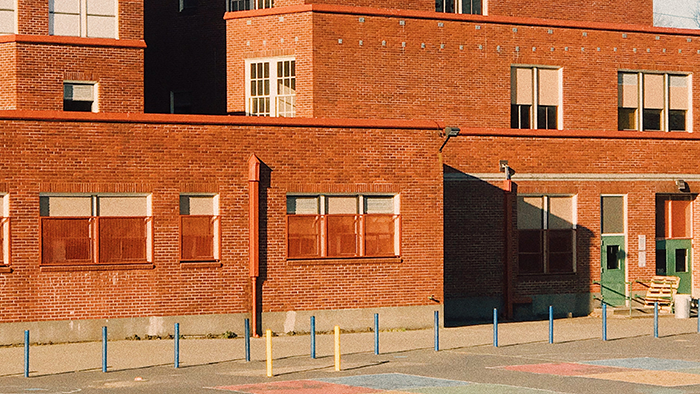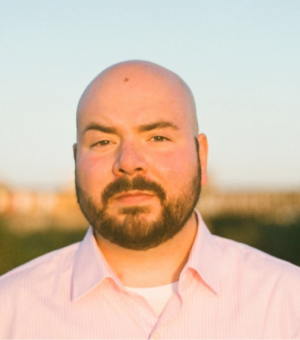Youth and Young Adults
Recent studies have shown that between 50 to 70 percent of youth in the juvenile justice system have a behavioral health condition compared to 9 to 13 percent of youth who are not in the justice system.
Among this population, only a small percentage receive needed treatment and some studies suggest that Black, Indigenous, and People of Color (BIPOC) and LGBTQ+ youth may be even less likely to receive care that is tailored to their needs. With JMHCP support, communities can adopt and more effectively implement policies and practices shown to halt the “school-to-prison pipeline” and improve outcomes of youth and young adults of all races, genders, and sexual orientations who come into contact with the juvenile and criminal justice systems.
How to Use an Integrated Approach to Address the Mental Health Needs of Youth in the Justice System

Selected Resources

Improving Outcomes for People in Contact with the Criminal Justice System Who Have Intellectual or Developmental Disabilities
Correctional Facilities

FY2020 Planning and Implementation Guide for Juvenile Justice and Mental Health Collaboration Program
Mental Health
Key Staff

Ryan Carlino
Senior Policy Analyst, Behavioral Health
Ryan Carlino provides technical assistance and policy guidance to counties participating in the States Supporting Familiar Faces initiative. Before joining the CSG Justice Center, Ryan worked at the University of Chicago Crime Lab where he supported government agencies in designing, testing, and scaling programs and policies that address criminal justice and behavioral health system challenges. Prior to that, Ryan worked as a research analyst with the Travis County Juvenile Probation Department. In 2020, Ryan was appointed as a commissioner on the inaugural City of Austin Community Police Review Commission, which provides civilian oversight of police activities in Austin. Ryan earned a BA in anthropology from Grinnell College and an MPP from the University of Texas.

Mari Bayer
Senior Policy Analyst, Behavioral Health
Mari Bayer helps coordinate crisis response alternatives and initiatives and provides technical assistance and education on community responder programs. Prior to joining the CSG Justice Center, she was a research associate at the Urban Institute, where she led projects on topics that included mental health, youth and families, alternatives to crisis response, and The Credible Messenger Movement. Before that, Mari was a research associate for the U.S. Sentencing Commission, where she worked to amend the federal sentencing guidelines and inform policy decisions. Mari previously worked for Multnomah County, Oregon, where she evaluated juvenile justice reform initiatives. Mari earned her bachelor’s in psychology and criminal justice from Saint Louis University and a master’s in clinical psychology from Pacific University.

Sarah Wurzburg
Deputy Division Director, Behavioral Health
Mari Bayer helps coordinate crisis response alternatives and initiatives and provides technical assistance and education on community responder programs. Prior to joining the CSG Justice Center, she was a research associate at the Urban Institute, where she led projects on topics that included mental health, youth and families, alternatives to crisis response, and The Credible Messenger Movement. Before that, Mari was a research associate for the U.S. Sentencing Commission, where she worked to amend the federal sentencing guidelines and inform policy decisions. Mari previously worked for Multnomah County, Oregon, where she evaluated juvenile justice reform initiatives. Mari earned her bachelor’s in psychology and criminal justice from Saint Louis University and a master’s in clinical psychology from Pacific University.
